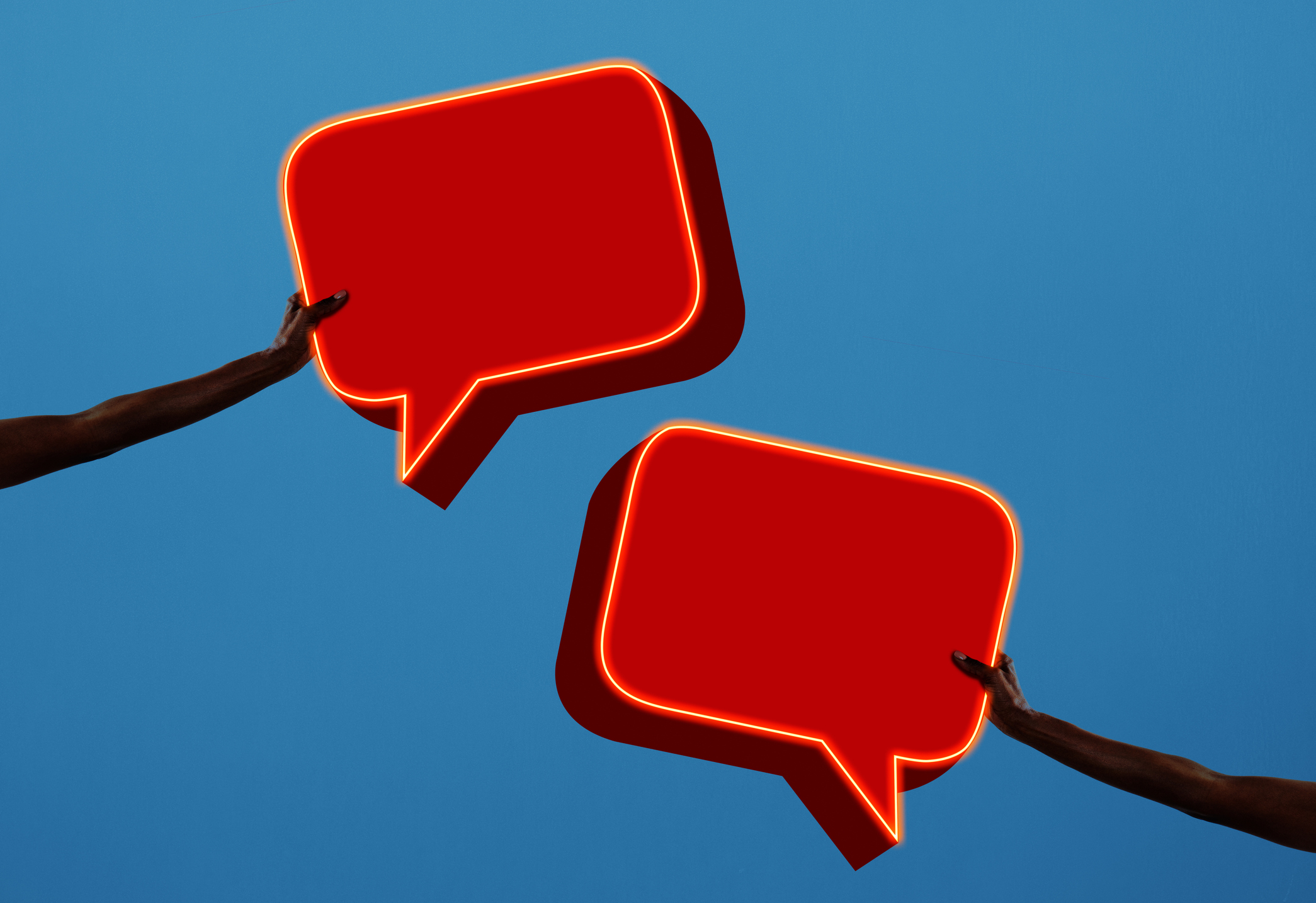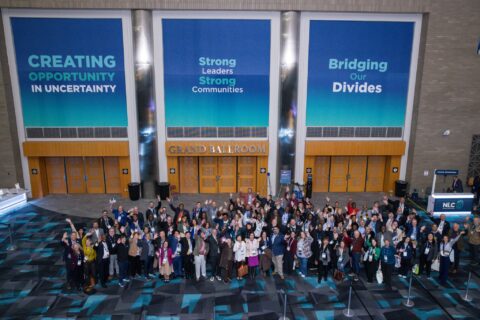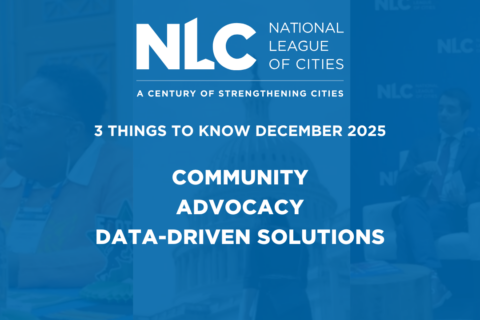Co-authored by Zulfat Suara, Councilmember At Large, Metropolitan Government of Nashville and Davidson County; Maureen Tobin, Executive Director, Davenport Institute for Public Engagement and Civic Leadership; and Kari Watkins, President & CEO, Oklahoma City National Memorial & Museum
For a long while, our nation has had difficulty carrying out respectful conversations on any topic of importance that involves different viewpoints. While this poses challenges among neighbors in our communities, this dynamic also can be paralyzing at the level of local government. Our societal difficulty to engage in productive discourse has resulted in a growing number of incidents involving insults and threats of violence within local government proceedings.
In a new survey conducted by NLC, 73 percent of surveyed mayors, city council members and city managers report personally experiencing harassment as part of their work, with 89 percent experiencing harassment on social media and 84 percent experiencing harassment during public city meetings.
Despite this, as elected officials and local leaders, we know from experience that people are prepared to do the work of community deliberation and decision-making. Residents will come to the table and make a genuine effort to find common ground. By leaning into relationships, we know that we can build more trust in local government.
The Challenges Upon Us
A lack of trust in government. Distrust of public institutions is high. And for many communities that have experienced disinvestment and policies of segregation, trusting local government has never been an option.
A legacy of insufficient community engagement. With the day-to-day demands of local government, and little time to get a job done, we may ask for community input when we in fact do not have the ability to meaningfully incorporate the feedback. When we ask for input but cannot deliver on the valuable input received, it leads to distrust. Alongside that, people are interacting with their local government on a daily basis whether they know it or not: turning on the water tap, enjoying a park, shopping downtown, etc. A relationship with our communities is being built as we conduct our daily business.
No shared understanding of “truth.” We all bring our own experiences to our interactions, but in the age of misinformation and disinformation, it is hard to know what is “true.” Multiple people looking at the same information may arrive at different truths. There is also little opportunity for people to come together in good faith and possibly find common ground.
The Solutions We Embrace
Acknowledge the complexity of truth. Public officials must make sure that what we say is factually based and can be backed up, not just something we read on a social media thread, or our opinion. Evidence is important. And even though someone may disagree, presenting evidence is a way to start a conversation.
However, we must recognize that each of us comes to the table with our own experiences that inform the ‘truth’ as we understand it. Experience is the best teacher. As local leaders, it is our job to make space for our residents to authentically share their diversity of experiences and to do so ourselves.
Building relationships to build trust. The role of a local government leader is to be in relationship with our communities and our colleagues. In practice, what does this really mean? How do we build these relationships and when do we do that? The answer is now, proactively, and continuously.
This process is not linear and there is not just one entry point, but to be effective, relationships need to be built before a crisis happens — not in the middle of one. Communities are a web, relationships take work and we need to jump in and come to the table and do our part. Communication is key for local leaders to do this.
“My experience has shown me that [local government leaders] don’t communicate enough. We make a decision, and we might be making the best of decisions because we have the information. But our constituents do not have the information that we have. And we cannot assume that they know everything that we know. So, the onus is on us to be able to provide that information.”
– Zulfat Suara, Councilmember At Large, Metropolitan Government of Nashville and Davidson County
We also need to embrace that mistakes will happen in the course of our work. We’re all human beings, and sometimes the decision that’s made is the wrong decision. When something goes wrong, we must recognize when we are responsible for something that led to a breakdown. We can acknowledge those moments and use the opportunity to strengthen our relationships.
Listening to understand. As part of building relationships, we need to practice better listening. Listening to understand is about bringing people together, allowing the time for a respectful exchange of opinions, and, if possible, working through differences. Putting this into practice is hard to do. As local leaders, how do we make sure that we’re ultimately bringing our collective experiences into the conversation to arrive at decisions that work for the people we all represent? While difficult, the local level is the best place to practice this skill, because of the quality of the relationships we build.
The Oklahoma City National Memorial & Museum’s Better Conversations program brings people “together and [to] discuss sensitive or controversial topics in a civil manner.” The program establishes agreed-upon “grounding virtues” for conversations that guide interactions while seeking to build understanding. One core virtue, adventurous civility, is defined as “creating new possibilities for living forward while being different and even continuing to hold profound disagreement.”
Join the Conversation
NLC invites you to attend the 2024 City Summit workshop: Building Bridges to Trust & Civility. The workshop will offer strategies and best practices for encouraging civil discourse and broadly inclusive community input for government decision-making.









